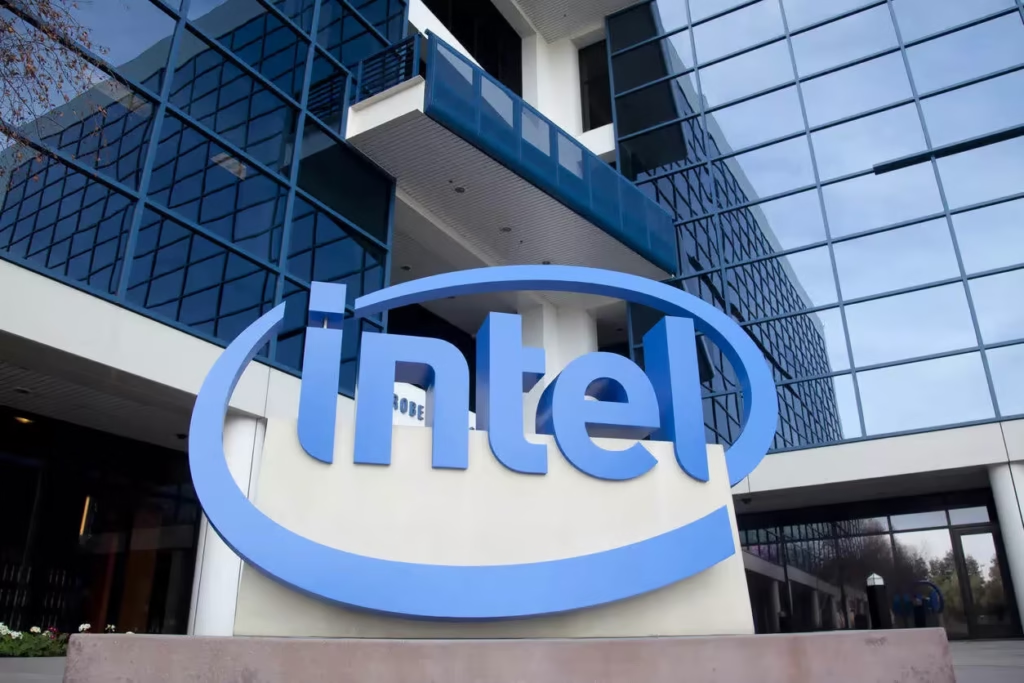Intel CEO’s China Ties Raise Security Concerns
In a significant development, U.S. President Donald Trump has called for the resignation of Intel CEO Lip-Bu Tan due to concerns over his connections with China. This move comes amidst growing apprehensions about national security, particularly in the context of the global semiconductor industry. The ties between Tan and China have sparked debates about potential risks to America’s technological infrastructure and its implications for national security.
Former Directors Advocate for Intel’s Restructuring
In response to these concerns, four former directors of Intel have proposed a radical restructuring of the company. They suggest spinning off Intel’s manufacturing arm into an independent entity. This strategic move aims to enhance America’s chipmaking capabilities, positioning it as a formidable competitor to Taiwan Semiconductor Manufacturing Company (TSMC). The directors believe that such a restructuring is essential to safeguard national interests and ensure a robust domestic semiconductor industry.
Implications of the Proposed Spin-Off
The proposed spin-off is seen as a crucial step in addressing national security needs, especially after Intel received substantial funding under the CHIPS Act. By creating an independent manufacturing entity, the U.S. could potentially reduce its reliance on foreign chipmakers and strengthen its position in the global semiconductor market. This initiative aligns with broader efforts to bolster domestic production and secure critical supply chains.
National Security and Economic Impact
The call for restructuring not only addresses security concerns but also has significant economic implications. By enhancing domestic chip production, the U.S. could create jobs and stimulate economic growth. Moreover, reducing dependency on foreign manufacturers could mitigate risks associated with geopolitical tensions and supply chain disruptions.
